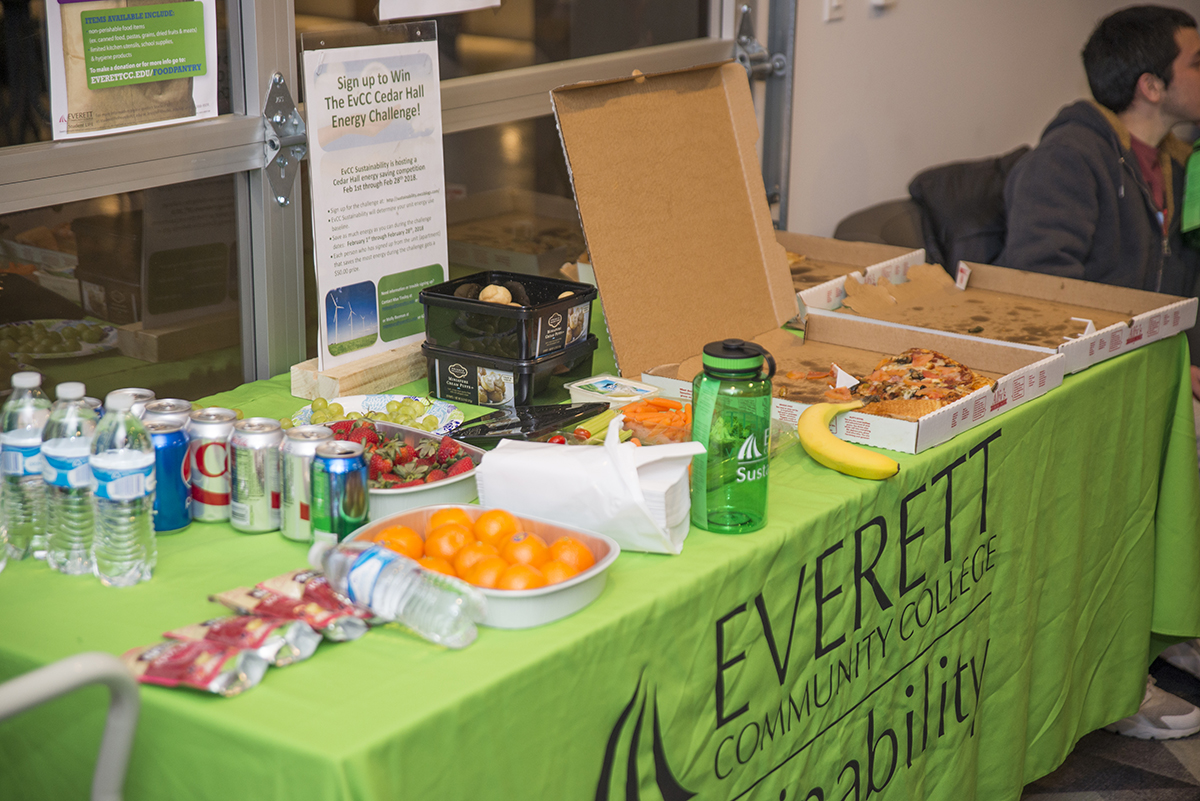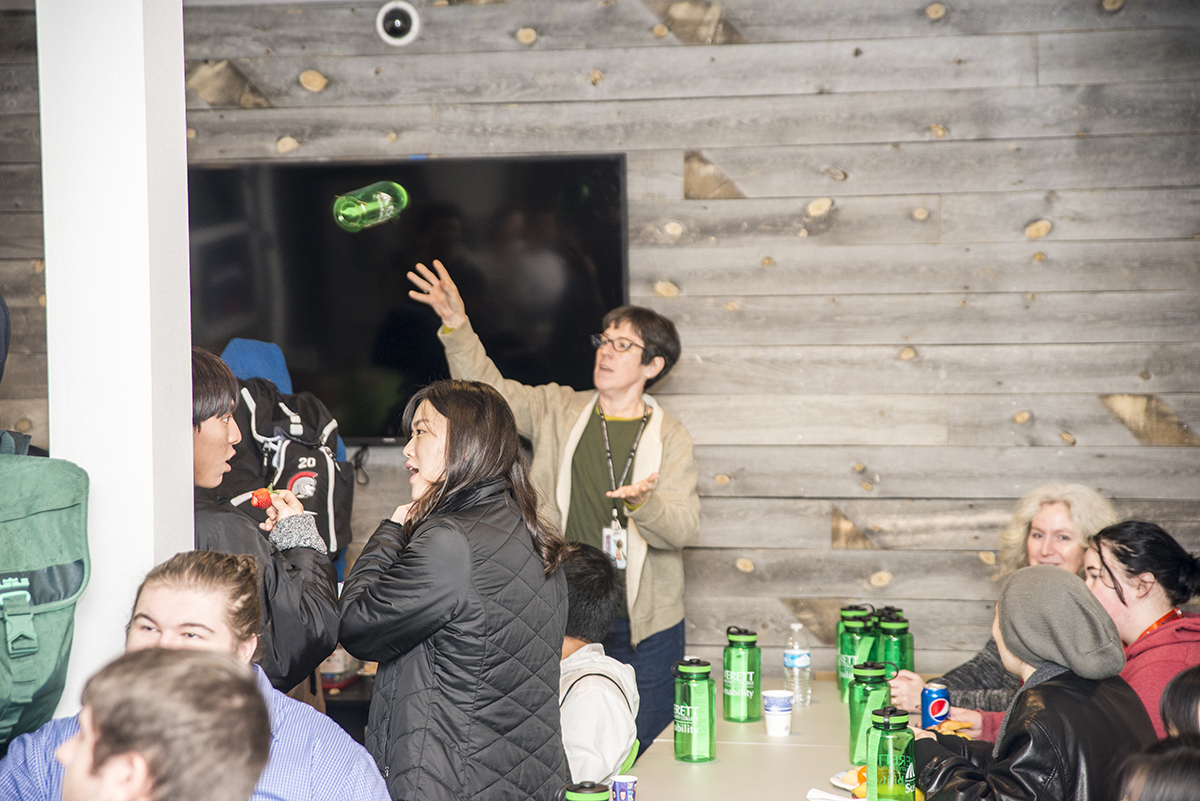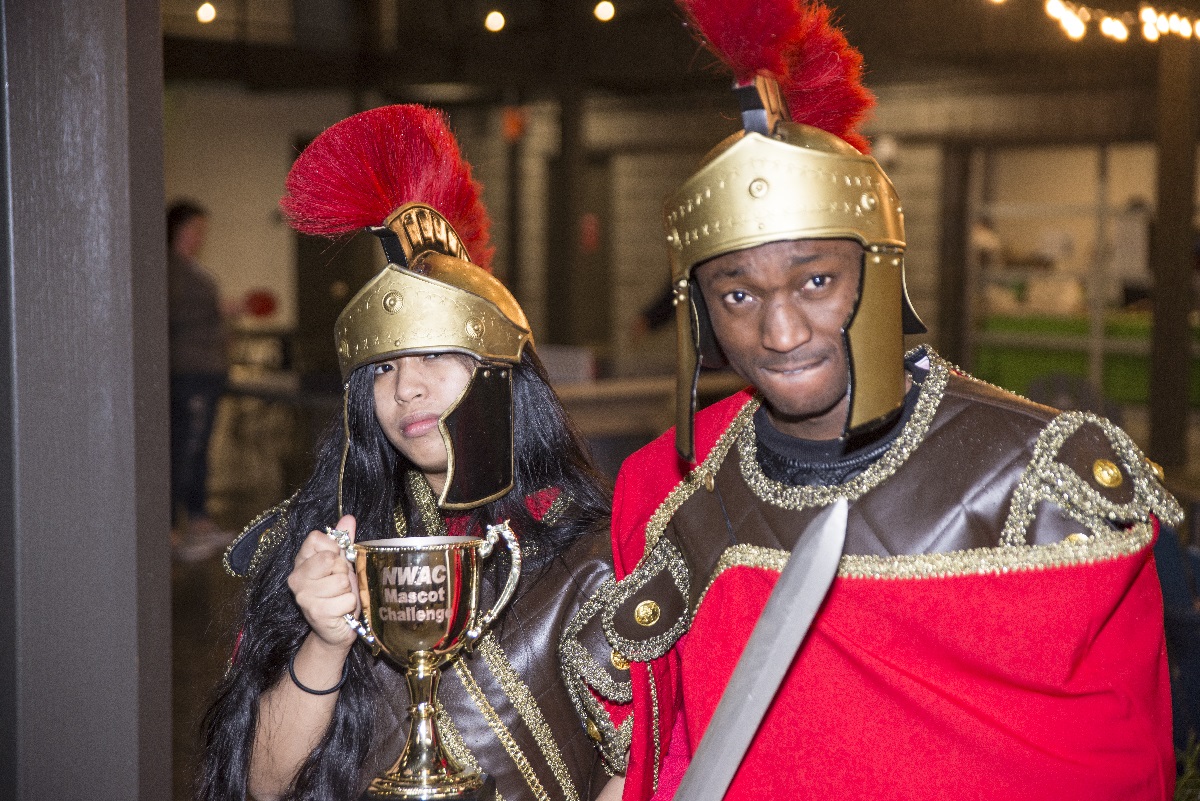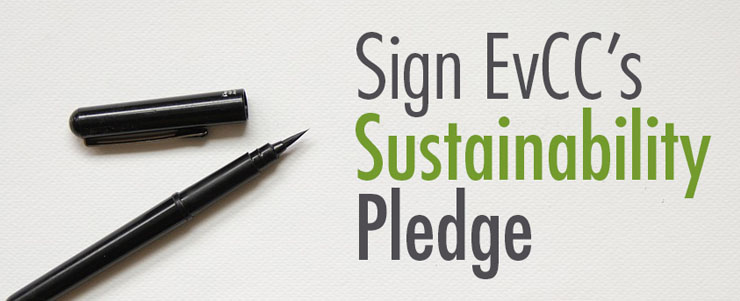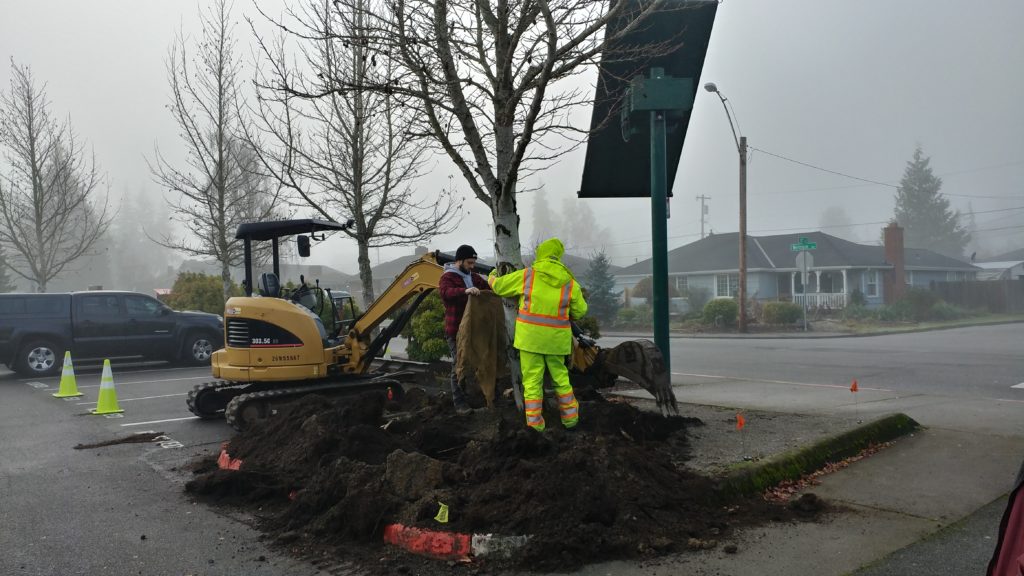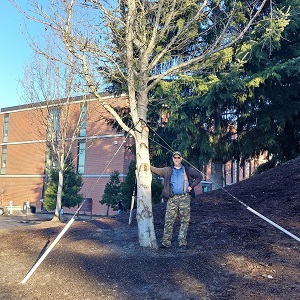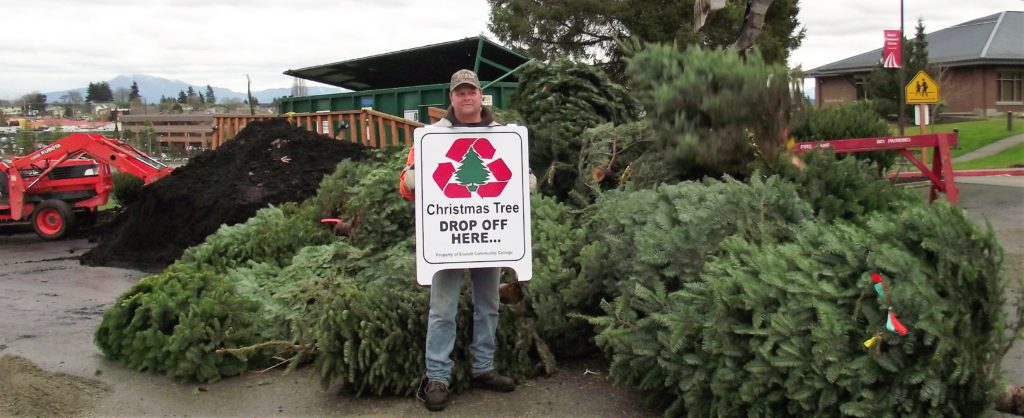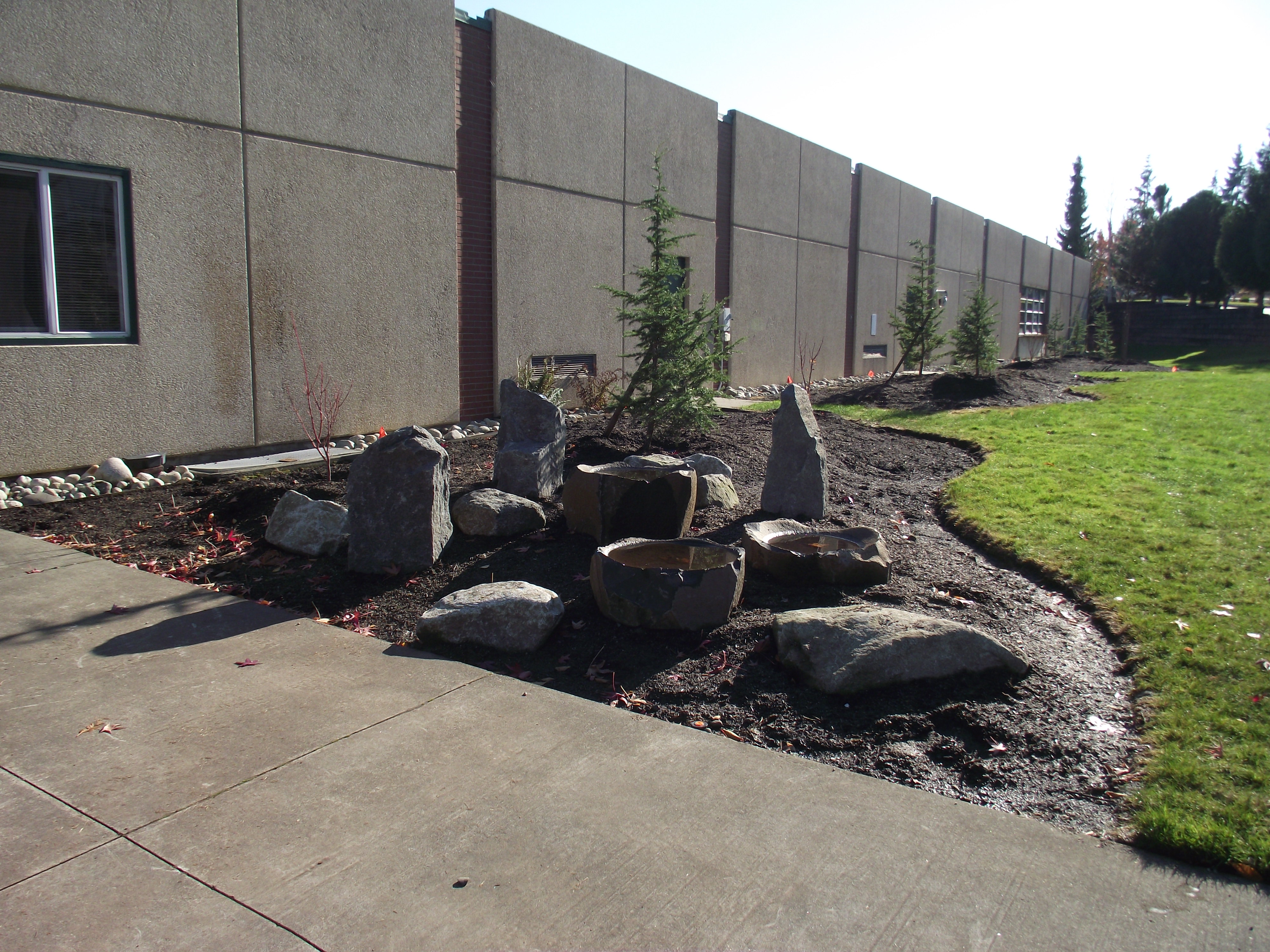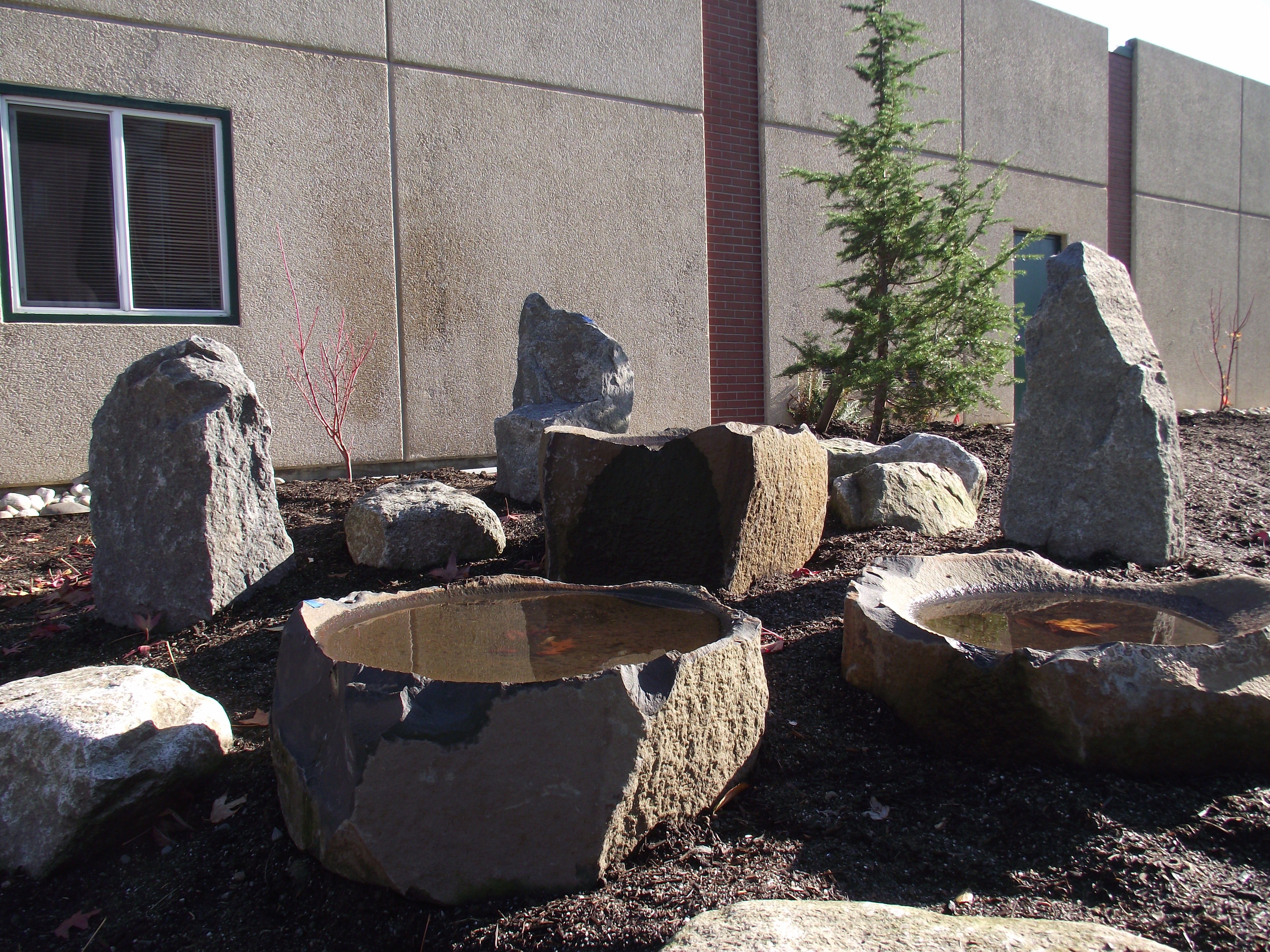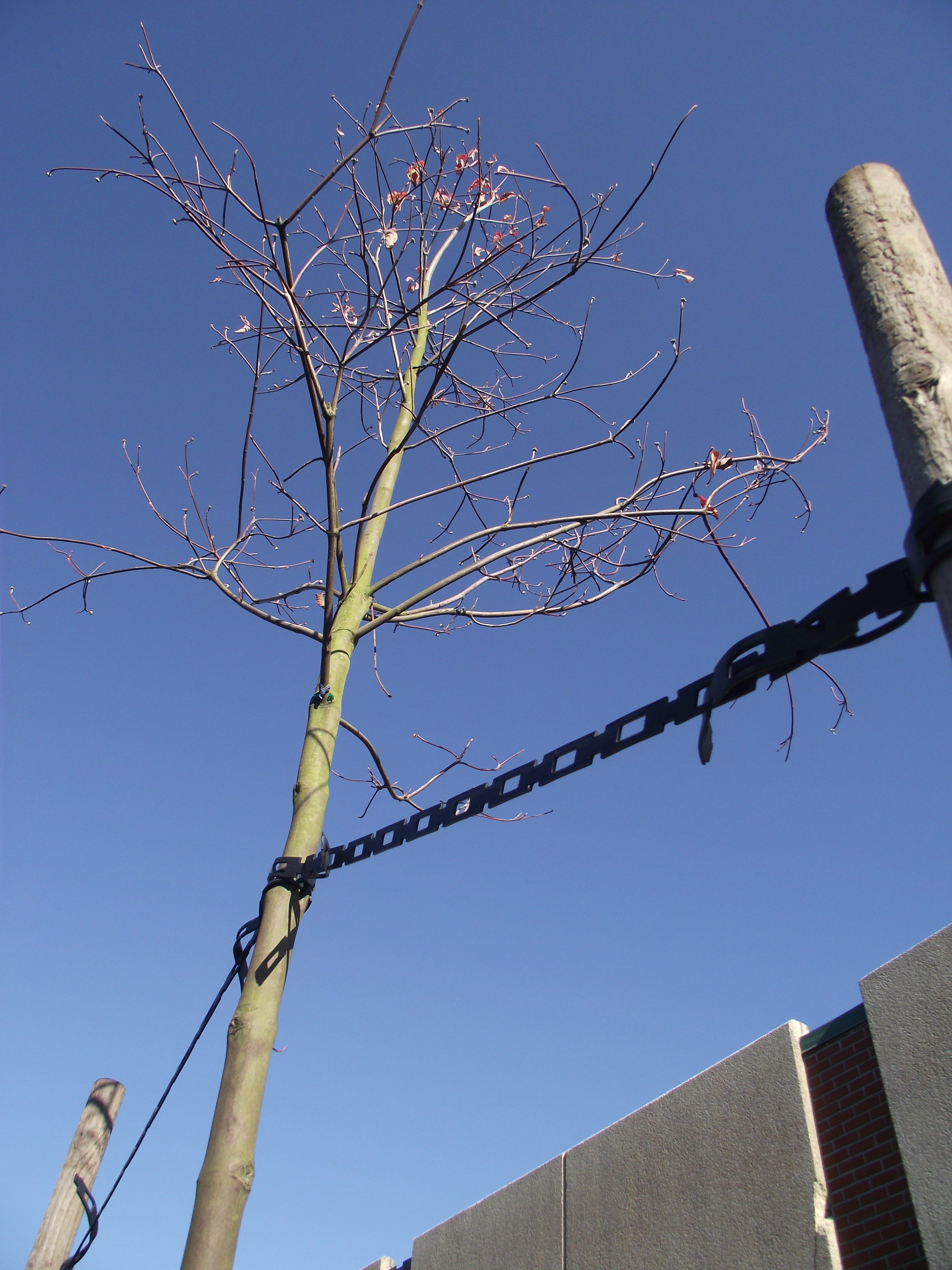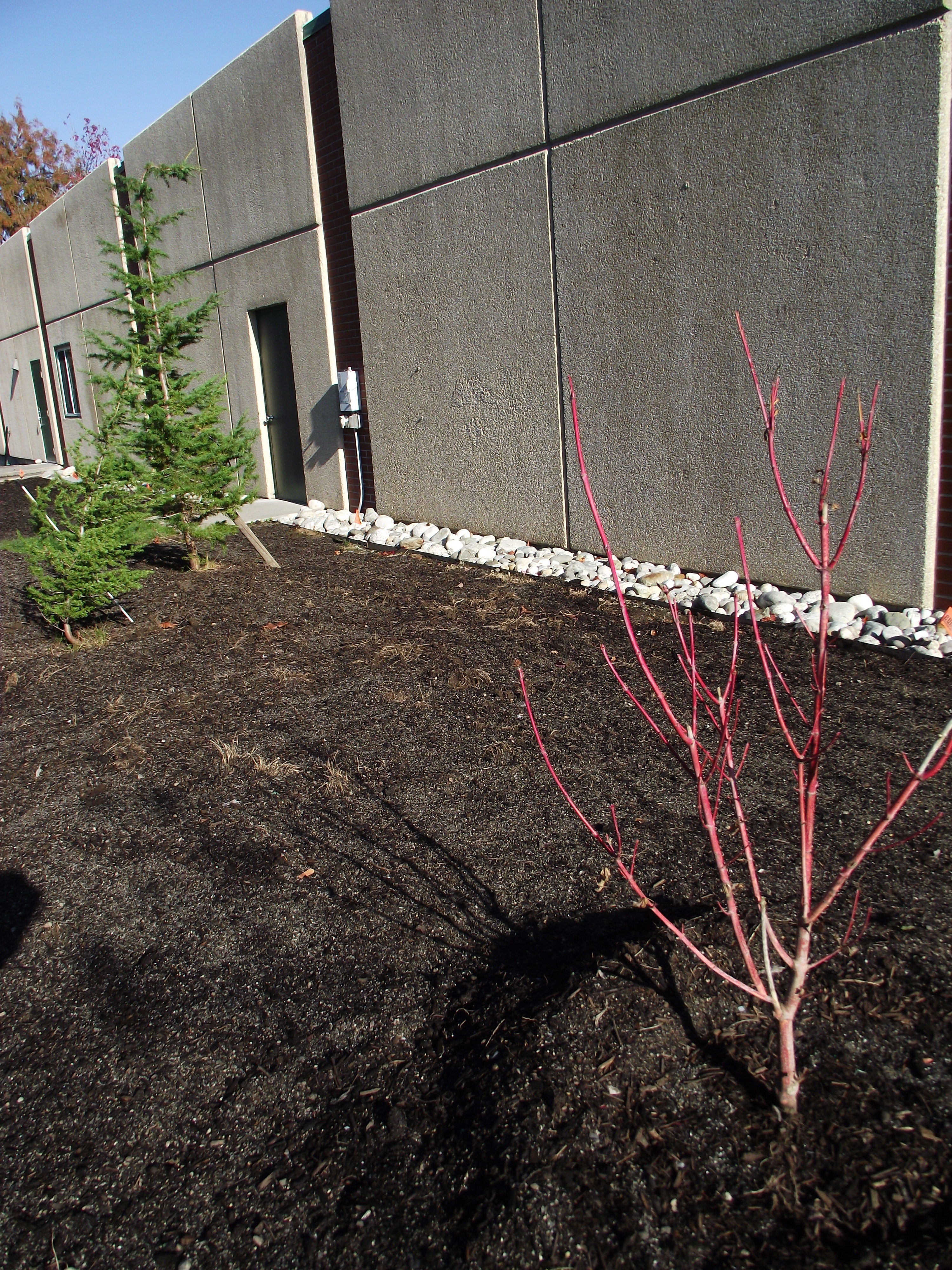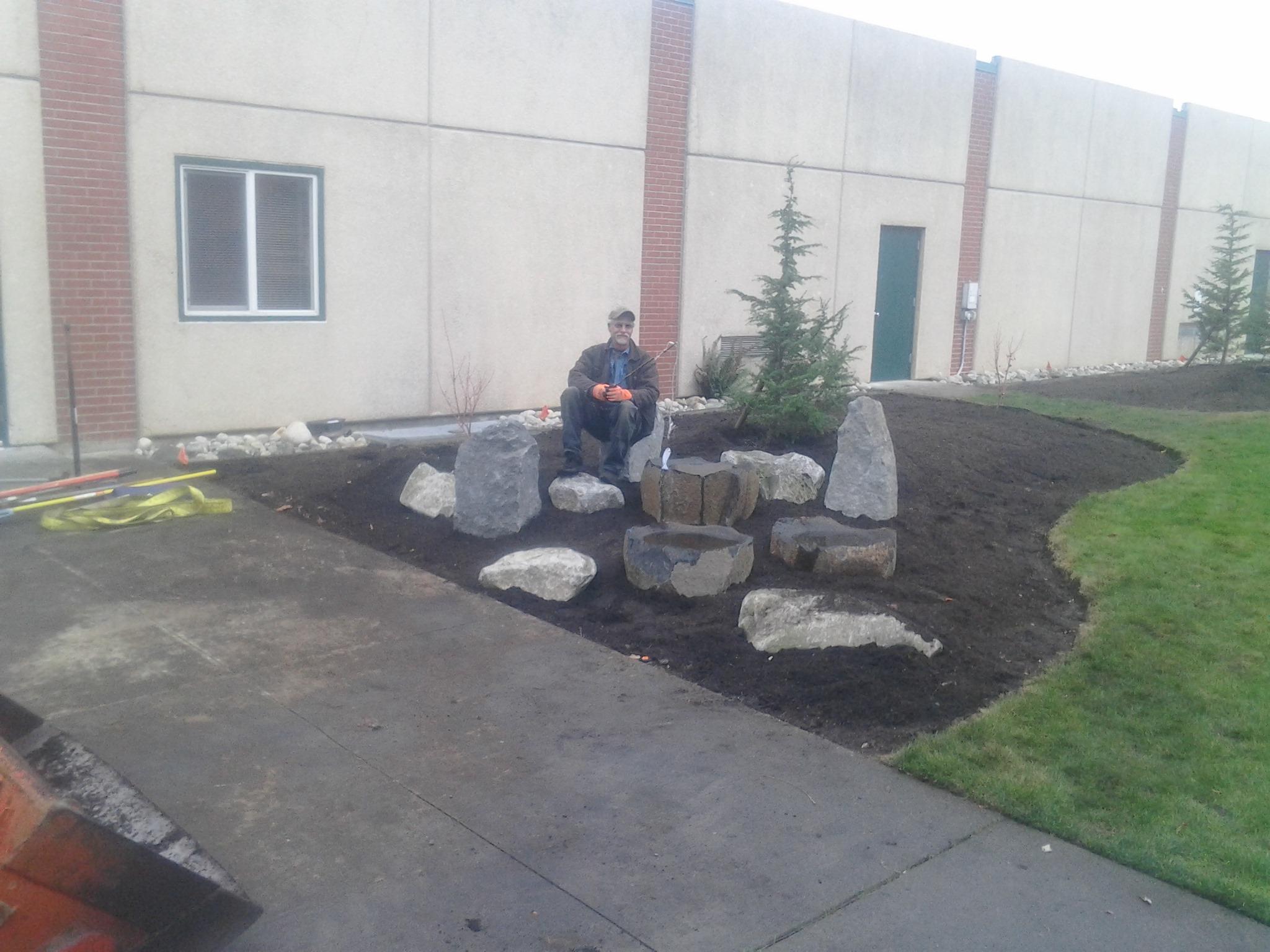After the ASB Senate approved the Green Fee Proposal last year, the students serving on the Green Fee Committee have been hard at work planning and executing the information campaign to prepare the campus for the election.
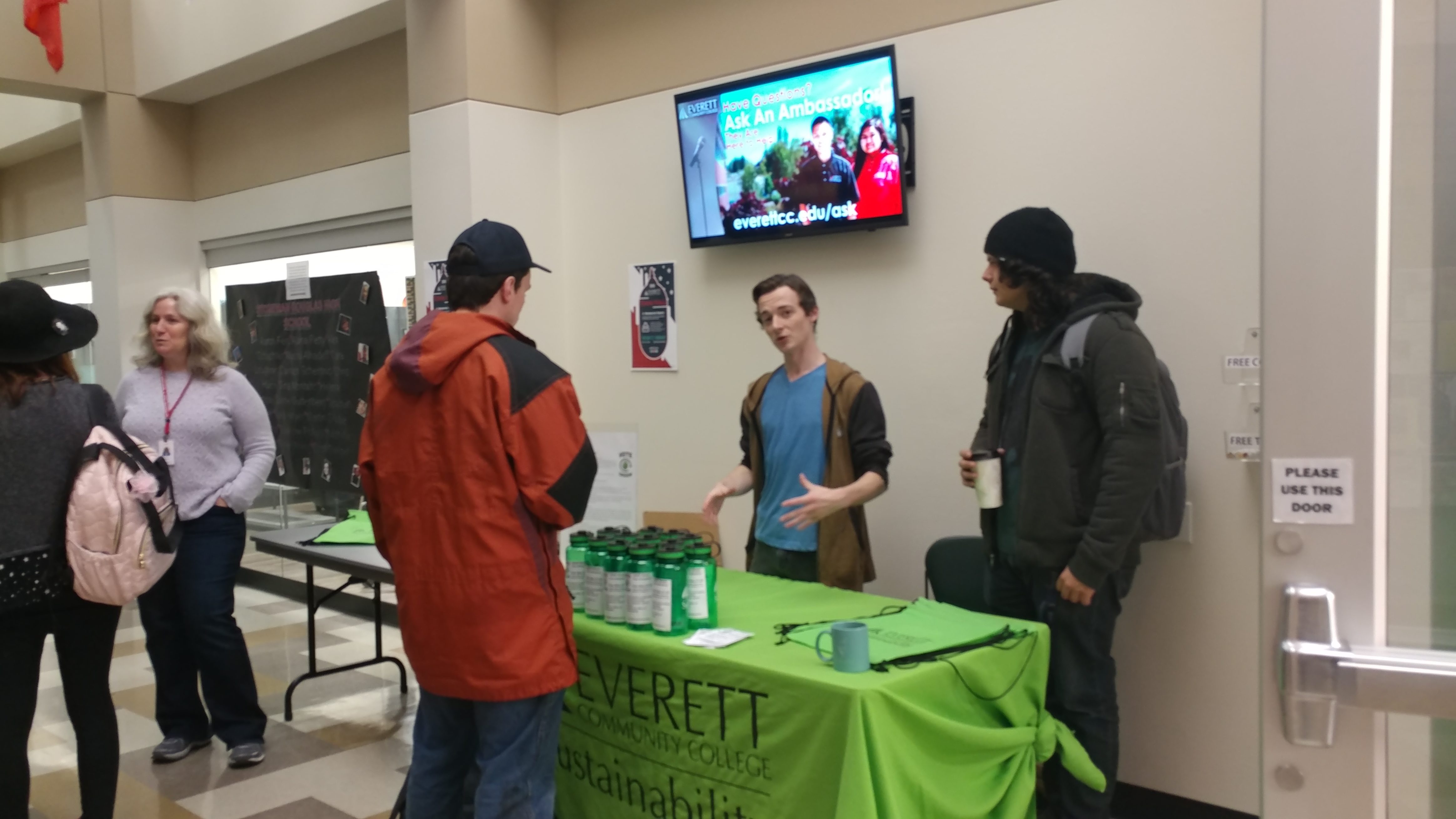
Throughout the final weeks of Winter Quarter, the committee made a “slow roll out” to begin introducing the idea to the student body. Now, as Spring Quarter is upon us, it’s time to really get to work!
Along with weekly information tables, there will be several opportunities for students to learn about this initiative. A student information forum was hosted in Winter Quarter, and two more are planned throughout Spring. Student LIFE has offered several social media posts on behalf of SEA Club, the primary sponsor of this initiative, and there is plenty of additional information available online.
The proposal that was approved by the ASB Senate calls for an election on the assessment of a new fee to support and expand the EvCC Sustainability Initiative. Any student enrolled at the time of the election has the right to vote. This came as a response to the impending budget shortfalls within the sustainability program, and due to the apparent “lack of leadership on the national level in regard to climate change and other environmental concerns,” as stated by the former president of Students for Environmental Action (SEA Club).
The proposed fee is 50 cents per academic credit for the first 15 credits taken each quarter, so it will not exceed $7.50 per student per quarter. The revenue will be allocated to the Campus Sustainability Fund (CSF), which can be used by EvCC students to fund their ideas for environmental or sustainability focused projects that help advance EvCC’s Sustainability Mission, and to the Office of Sustainability so the department can employ three part-time students each year.
The long term goal of the Green Fee Initiative is to empower the students to lead EvCC to a more sustainable future by minimizing our environmental footprint, balancing our resource consumption, and reducing our contribution to climate change.
As it stands, the group is still searching for students who can commit to volunteering for campaign events and who can go around to various campus organizations to give presentations on the Green Fee Initiative. If you know of, or you are an interested student, have them contact the committee by emailing sustainability@everettcc.edu.
If you want to do your own research, visit the campaign web page!


